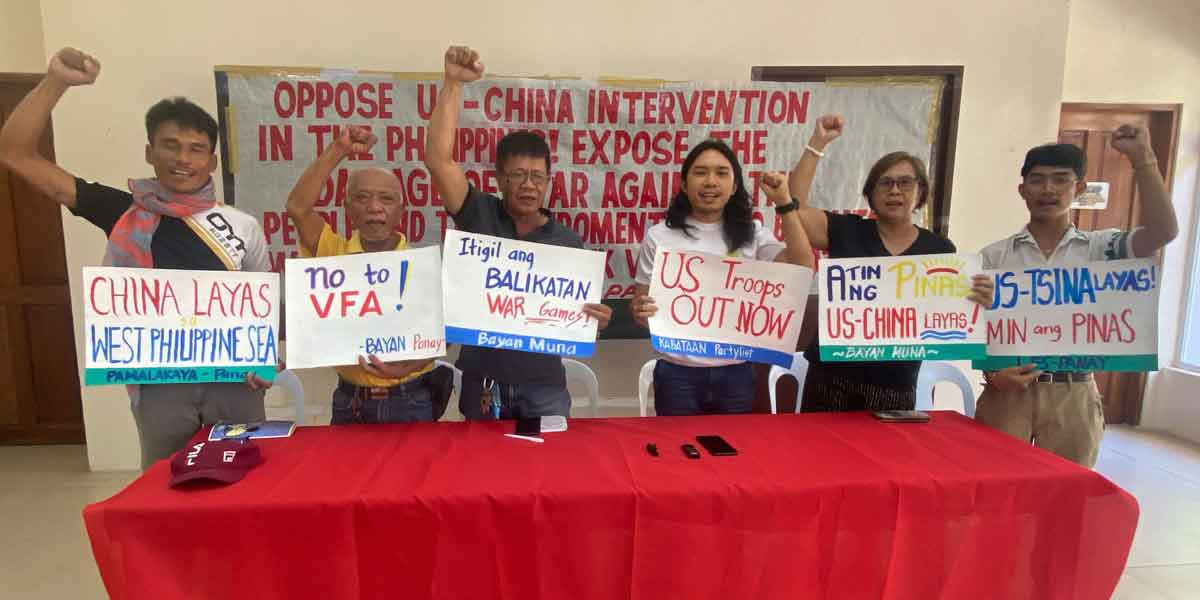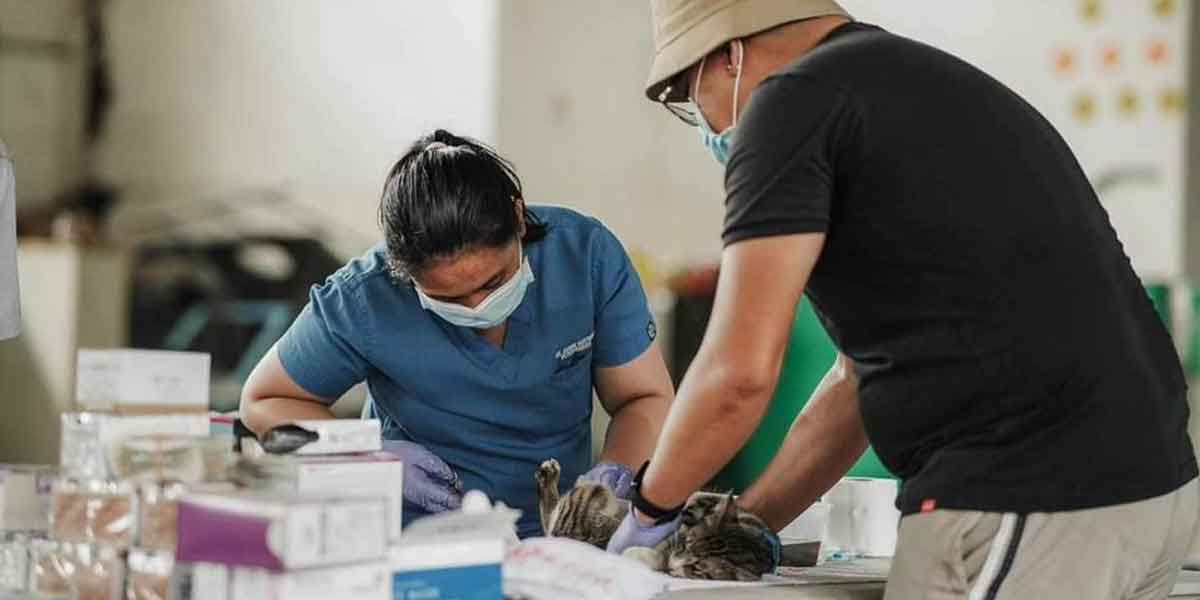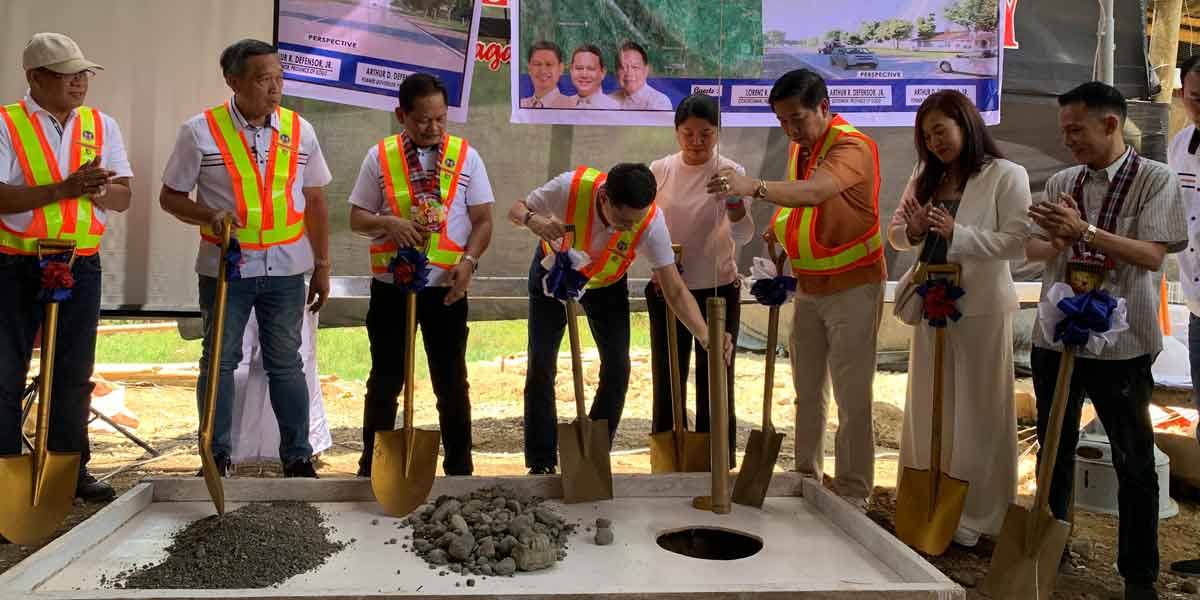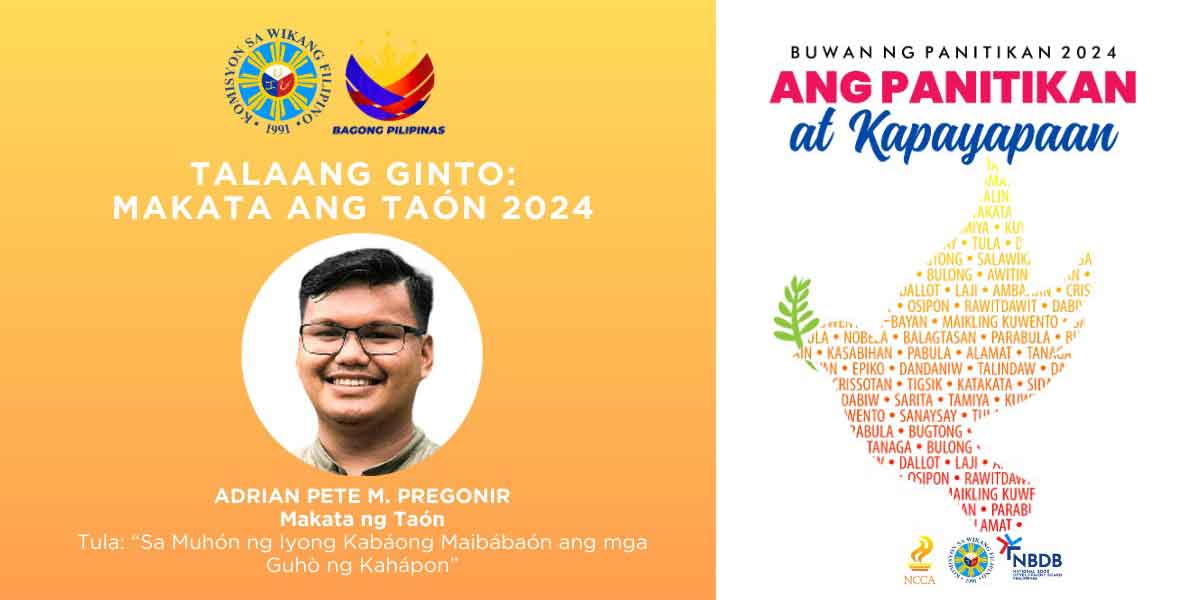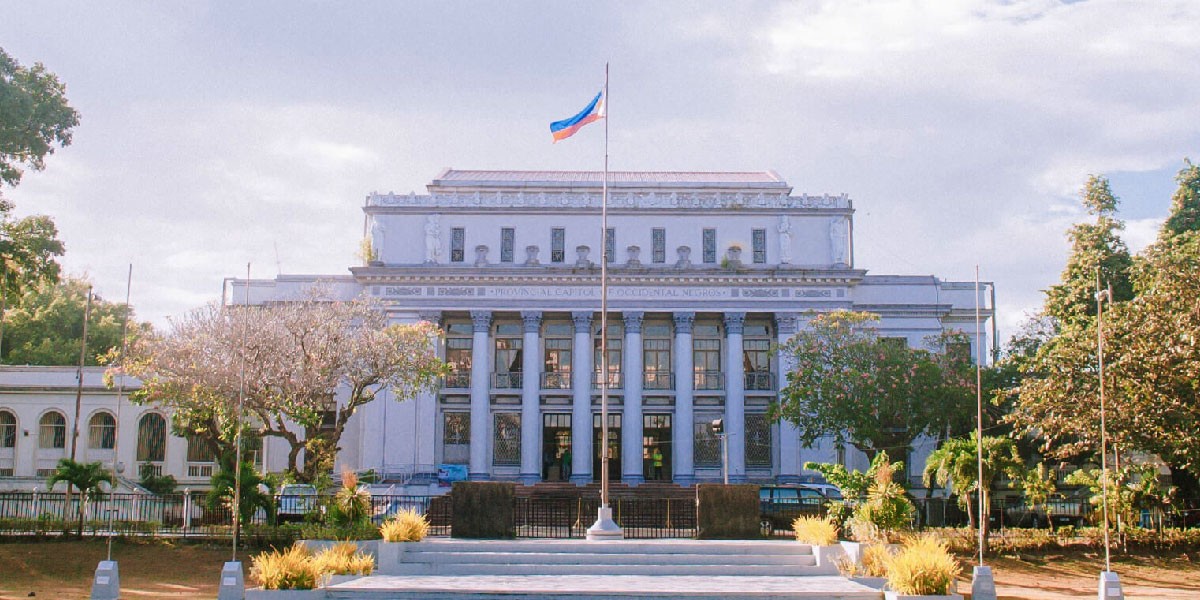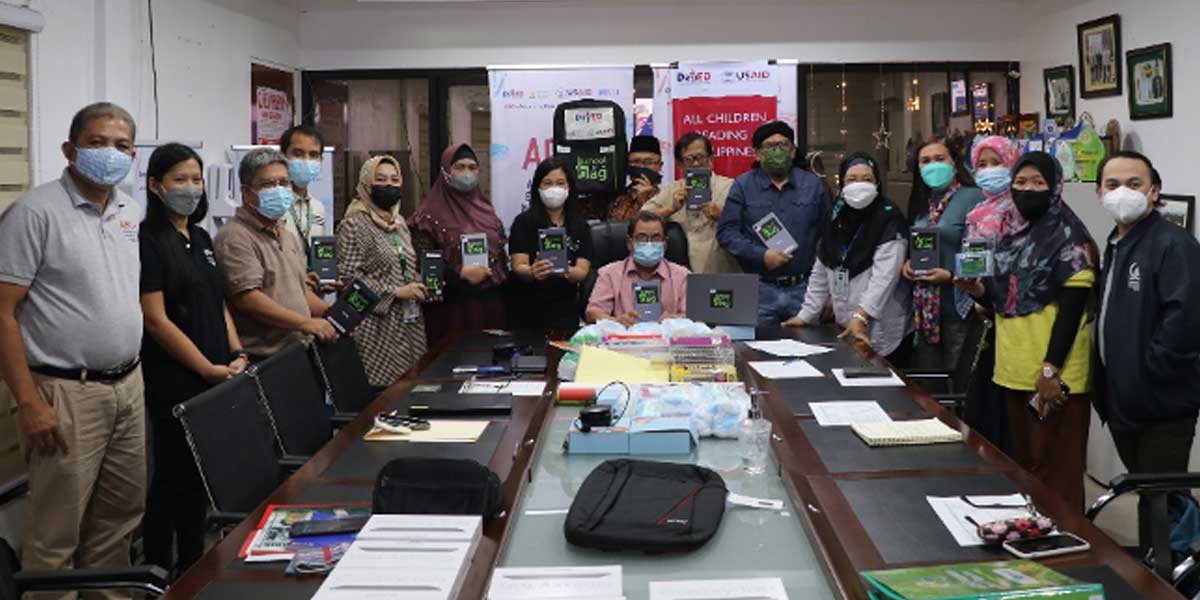
The United States Agency for International Development (USAID), through its ABC+: Advancing Basic Education in the Philippines and All Children Reading-Philippines projects, and the Bangsamoro Ministry of Basic, Higher, and Technical Education (MBHTE) recently launched the Beginning Reading Program for learners in Cotabato City and Maguindanao.
This technology-based program uses tablets and Learn Kernels, or low-cost electronic tablets that can be used without Wi-Fi, to help children in Kindergarten to Grade 3 learn to read. Each device includes early grade reading materials and video-based reading modules in Magindanawn, co-developed by USAID and the Bangsamoro MBHTE. USAID launched the Beginning Reading Program in Negros Occidental last month.
“The goal of this program is to ensure that every Bangsamoro child has access to learning. By teaching children to read, USAID is opening the door to economic opportunity and lifelong learning,” said USAID Philippines Office of Education Director Dr. Thomas LeBlanc.
USAID also handed over health and educational supplies to 100 schools in Maguindanao. These supplies will help ensure the safe return of children to school.
“Education is very, very important to us, and we are extremely thankful that USAID is supporting the use of our language. This is very critical to our continuing efforts to the recognition of our identity as Bangsamoro,” said MBHTE Minister Mohagher Iqbal.
In the same event, USAID also introduced the school-in-a-bag program for Bangsamoro learners. In partnership with SMART Communications and Philippine Business for Social Progress, USAID will provide 20 school-in-a-bag packages composed of a laptop and 10 tablets for schools in geographically isolated, disadvantaged, and conflict-affected areas.
For the past 60 years, USAID has worked with the Philippine government and local organizations to achieve shared development goals, investing more than Php247.5 billion ($5.1 billion) to support the Philippines.

